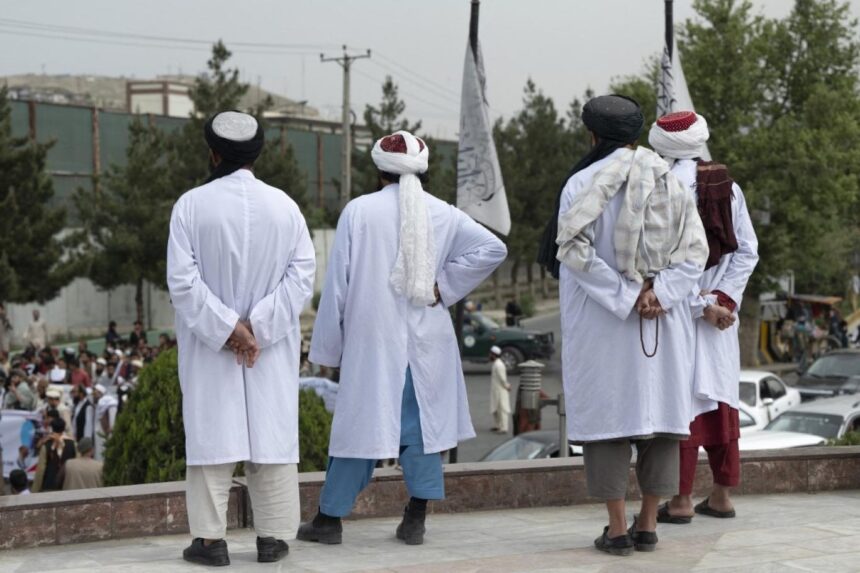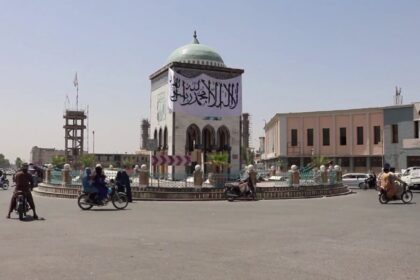RASC News Agency: The U.S. Institute of Peace has revealed that the Taliban’s newly imposed law on “Propagation of Virtue and Prevention of Vice” has encountered significant opposition from religious scholars, civil society, Islamic communities, and even from within the Taliban’s own leadership. In its report published on Thursday, October 3, the institute stated that the law, which imposes sweeping restrictions on women’s dress, mobility, and public presence, has been met with widespread resistance.
The institute further emphasized that religious scholars have voiced strong objections, arguing that the Taliban has failed to provide a convincing justification for both their claims and the legal foundation of the law. The report suggests signs of growing internal divisions within the Taliban regarding the enforcement of this law, with concerns that such discord could weaken the group’s power. It pointed to the unusual visit by Taliban leader Hibatullah Akhundzada to eight northern and western provinces of Afghanistan in early September, an effort seen as aimed at addressing the escalating conflicts between local officials and tribal leaders.
The U.S. Institute of Peace also noted reports indicating that many provincial governors within the Taliban regime have refused to enforce the “Propagation of Virtue and Prevention of Vice” law. Additionally, Sher Mohammad Abbas Stanekzai, the Taliban’s chief negotiator and deputy foreign minister, publicly spoke out against these restrictions on women as early as 2020.
The report concluded that the Taliban’s efforts to impose this law would not only intensify public defiance but also expose the group’s internal rifts, potentially undermining their hold on power.






